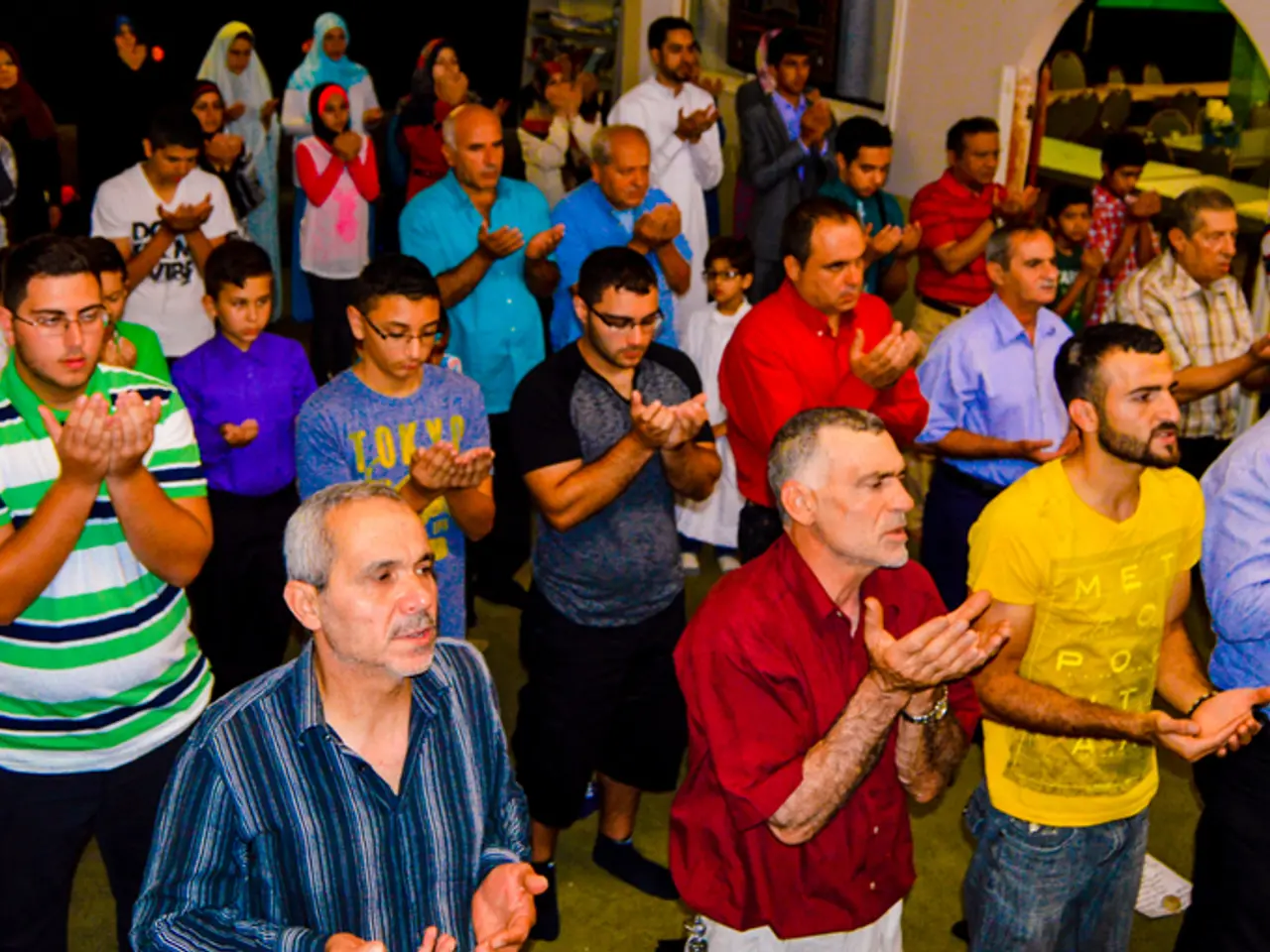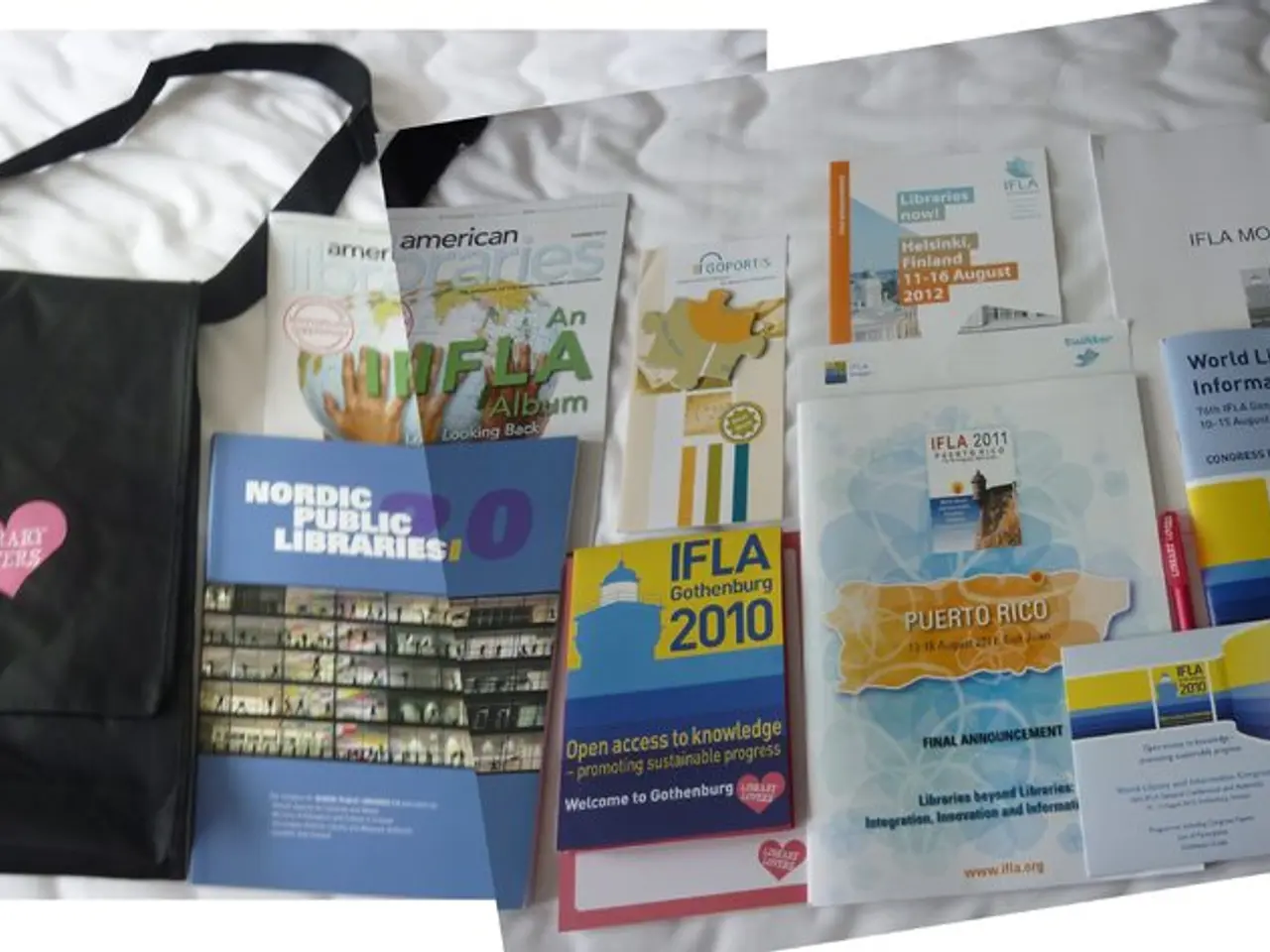Schools have the autonomy to establish prayer rooms on their premises. - Educational Institutions Establish Personalized Prayer Spaces
The North Rhine-Westphalian (NRW) state government has taken a decentralized approach to the provision of prayer rooms in schools, according to School Minister Dorothee Feller (CDU). In response to an inquiry from the SPD state parliamentary fraction, Feller confirmed that schools will decide based on their capabilities whether to provide prayer spaces for students.
Feller, who serves as the School Minister of the NRW state government, reported this information, stating that the state government will leave the decision to schools regarding prayer rooms. She emphasized that school is a space for both religious and ideological freedom.
The minister's statement comes amidst limited information about official policies and statistics on prayer rooms in schools across NRW. A recent survey revealed that 176 schools across all types have confirmed the presence of prayer rooms, with grammar schools and primary schools accounting for 61 and 44 instances, respectively. However, there is no clear enumeration of how many schools or public institutions in NRW have designated prayer rooms.
NRW, a populous federal state in Germany with diverse religious communities, including significant Muslim populations, has seen a growing need for prayer spaces in schools. While German schools accommodate religious practices differently by state, often balancing secular education policies with religious freedom, prayer rooms in public schools are subject to local school authority decisions rather than uniform policies.
The Basic Law guarantees freedom of belief and conscience, as well as unhindered religious practice, and gives students the basic right to perform (ritual) prayers during school hours outside of class time. However, this right is limited by maintaining school peace and coexistence. External school literature may not be distributed to students on school grounds, and the state government does not intend to mandate the availability of prayer rooms in schools.
The SPD state parliamentary fraction inquired about the state government's plans regarding prayer rooms in schools. In response, Feller clarified that the state government is not involved in the distribution of school literature promoting the establishment or use of prayer rooms. She also reported that the state government is not aware of any interest groups actively promoting the establishment or use of prayer rooms at schools with brochures.
In summary, the North Rhine-Westphalian state government's decision on prayer rooms in schools is not influenced by a uniform regulation. Schools will decide whether to provide prayer rooms based on their capabilities, balancing educational and constitutional considerations while accommodating the needs of students from diverse religious backgrounds. For more detailed policy texts or statistical data, one may refer to NRW's Ministry of Education or local school boards.
In the context of education-and-self-development, the North Rhine-Westphalian (NRW) state government's community policy does not mandate the provision of prayer rooms in schools, but instead allows schools to decide based on their capabilities. This approach is part of the state's politics to maintain balance between secular education and religious freedom, while promoting general-news on religious diversity and vocational training for a harmonious community.




